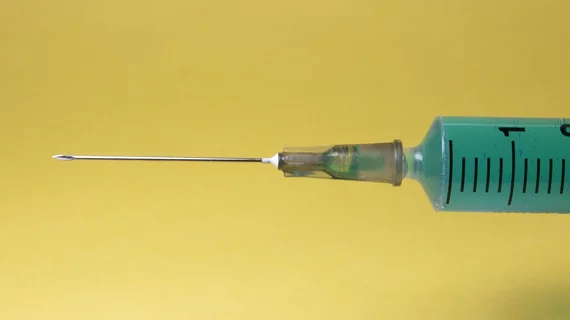Opinions clash over COVID-19 booster shots
The Food and Drug Administration has taken a non-stance when it comes to recommending COVID-19 booster shots.
The agency noted it is currently reviewing studies that focus on the efficacy of booster shots, including one from Pfizer. The issue stems from concerns of declining antibodies over time after individuals are fully vaccinated against the virus. Booster shots have been suggested to keep the virus at bay as the more infectious Delta variant has led to a new wave of cases.
Some studies have shown declining efficacy of the Pfizer vaccine over time, while other studies have not, the FDA noted in a 23-page document.
“There are many potentially relevant studies, but FDA has not independently reviewed or verified the underlying data or their conclusions,” the agency stated.
Some of the data will be covered in an upcoming Vaccines and Related Biological Products Advisory Committee (VRBPAC) meeting on Sept. 17. The committee will review Pfizer’s authorization request for booster shots to the general public at this meeting. Specifically, the FDA is looking at data from Israel, where researchers have found declining effectiveness of the Pfizer vaccine over time.
At the same time, Pfizer data shows a third dose booster shot restores protection against the virus to 95%. President Joe Biden is also an advocate for distributing booster shots––as soon as next week.
“As soon as authorizations are given, the Administration will be prepared to offer booster shots, starting the week of September 20th,” reads Biden’s recently released COVID-19 action plan.
However, that plan for administering booster shots has been criticized as premature by some health experts as the FDA continues weighing more data. The World Health Organization also has asked wealthier nations to stop focusing on booster shots in order to distribute more vaccines to countries with less access.

